The Enchanting City of Quetta: A Jewel in the Heart of Balochistan
Introduction to Quetta
Nestled in the rugged terrain of southwestern Pakistan, Quetta is the capital city of Balochistan, the largest province in the country. Often referred to as the "Fruit Garden of Pakistan," Quetta is renowned for its breathtaking landscapes, diverse culture, and strategic significance. Surrounded by majestic mountains, the city serves as a gateway to some of the most awe-inspiring natural wonders in the region. From its rich history to its vibrant bazaars and hospitable people, Quetta offers a unique blend of tradition and modernity that captivates visitors.
Historical Significance of Quetta
Quetta's history dates back centuries, with evidence of human settlement as early as the 6th century. The city's strategic location along ancient trade routes made it a coveted prize for various empires and dynasties. The name "Quetta" is derived from the Pashto word "Kot," meaning "fort," a testament to the city's role as a military stronghold. Over the centuries, Quetta was influenced by the Ghaznavids, Mughals, and later the British Empire, each leaving an indelible mark on its architecture, culture, and governance.
One of the most significant events in Quetta's history was the devastating earthquake of 1935, which nearly destroyed the city. Despite this tragedy, Quetta was rebuilt and emerged stronger, showcasing the resilience of its people. Today, remnants of its colonial past can still be seen in landmarks like the Quetta Cantonment and the distinctive British-era bungalows.
Geographical and Climatic Wonders
Situated at an elevation of approximately 1,680 meters above sea level, Quetta boasts a unique climate characterized by cold winters and mild summers. The surrounding mountain ranges, including the Zarghun, Chiltan, and Murdar hills, provide a stunning backdrop and make the city a haven for nature lovers. Hanna Lake, a serene man-made reservoir, is one of the most popular attractions, offering picturesque views and recreational activities like boating and picnicking.
Quetta is also famous for its orchards, producing some of the finest fruits in Pakistan, including apples, peaches, and cherries. The region's fertile land and favorable climate contribute to its reputation as the "Fruit Garden of Pakistan," with exports reaching international markets.
Cultural Diversity and Traditions
Quetta is a melting pot of ethnicities, with Pashtuns, Baloch, Hazaras, and other communities coexisting harmoniously. This diversity is reflected in the city's languages, traditions, and cuisine. Pashto, Balochi, and Brahui are widely spoken, alongside Urdu, the national language. The Hazara community, with its distinct culture and Persian-influenced dialect, adds another layer of richness to Quetta's social fabric.
The people of Quetta are known for their warm hospitality and strong tribal traditions. Visitors are often greeted with open arms and treated to lavish meals featuring local delicacies like sajji (roasted lamb) and kadi (a yogurt-based dish). The city’s bazaars, such as Kandahari Bazaar, bustle with activity and offer a glimpse into the daily lives of its residents.
Must-Visit Attractions in Quetta
Quetta is home to several must-see attractions that showcase its natural beauty and historical heritage. The Quetta Geological Museum is a treasure trove of minerals, fossils, and artifacts, highlighting the region’s geological significance. The museum is a favorite among researchers and tourists alike.
Another iconic landmark is the Hazarganji Chiltan National Park, named after the elusive "Thousand Treasure" cave. The park is a sanctuary for endangered species like the Chiltan wild goat and provides an excellent opportunity for hiking and wildlife spotting. The nearby Urak Valley, with its lush orchards and clear streams, is perfect for a day trip.
For history enthusiasts, the Quetta Fort and the Pishin Valley’s ancient irrigation system offer fascinating insights into the region’s past. The fort, though now in ruins, stands as a reminder of Quetta’s military importance.
Conclusion of Part One
Quetta is a city of contrasts—where ancient traditions meet modernity, and rugged landscapes coexist with fertile plains. Its rich history, diverse culture, and natural wonders make it a destination worth exploring. In the next part of this article, we will delve deeper into Quetta’s economy, educational institutions, and the challenges it faces, as well as its role in regional trade and commerce.
Economic Landscape and Key Industries
Quetta serves as the economic hub of Balochistan, contributing significantly to the province's livelihood and Pakistan’s overall trade. The city's economy thrives on agriculture, mining, trade, and cross-border commerce with neighboring Afghanistan and Iran. Due to its strategic location near the Chaman border crossing, Quetta acts as a vital link for trade routes connecting South Asia with Central Asia and the Middle East. The city’s markets overflow with goods such as dried fruits, spices, textiles, and handicrafts, many of which are exported internationally.
Agriculture remains the backbone of Quetta's economy, with its orchards producing high-quality fruits like apples, cherries, and almonds. The region’s fertile soil and favorable climate enable farmers to cultivate multiple crops annually. Additionally, livestock farming plays a crucial role, with dairy products and meat contributing to both local consumption and exports. Saffron cultivation, introduced in neighboring areas, has also started gaining prominence as a high-value cash crop.
Mining and Natural Resources
Balochistan is rich in mineral resources, and Quetta is at the center of this wealth. The province holds vast reserves of natural gas, coal, copper, gold, and chromite. The Saindak and Reko Diq projects, though located farther from Quetta, underscore the region’s importance in Pakistan’s mining sector. Local markets trade in semi-precious stones like lapis lazuli and onyx, which are sought after by jewelers and artisans across the country.
Despite its mineral wealth, the sector faces challenges due to inadequate infrastructure, outdated extraction techniques, and political instability. However, recent government initiatives and foreign investments aim to modernize mining operations, which could transform Quetta into a regional powerhouse for resource-based industries.
Education and Research Institutions
Quetta is home to several prestigious educational and research institutions that foster academic excellence and innovation. The University of Balochistan, established in 1970, is the oldest and largest university in the province, offering programs in natural sciences, social sciences, and humanities. Its research centers focus on regional studies, particularly Baloch history, linguistics, and environmental sciences.
Other notable institutions include Balochistan University of Information Technology, Engineering, and Management Sciences (BUITEMS), which specializes in engineering and technology, and the Sardar Bahadur Khan Women’s University, dedicated to female education. Additionally, the Command and Staff College, a premier military institution, attracts officers from Pakistan and allied nations for advanced training.
Challenges in Education
Despite these institutions, Quetta faces educational disparities, particularly in rural and conflict-affected areas. Lack of infrastructure, limited resources, and cultural barriers—especially for female students—hinder literacy rates and academic progress. NGOs and government programs are working to improve access to education, but sustained efforts are needed to bridge these gaps.
Road Connectivity and Transportation
Quetta’s transportation network is crucial for internal mobility and regional trade. The city is connected to Karachi via the RCD Highway (N-25) and to Peshawar through the Indus Highway (N-55). The railway system links Quetta with major cities like Lahore, Rawalpindi, and Karachi, with the famous Bolan Pass serving as a historic and scenic route. However, infrastructure constraints, such as poorly maintained roads and limited rail capacity, impede efficient transportation.
The Quetta International Airport offers domestic flights and limited international connections, primarily to the Gulf countries. Plans for expanding aviation facilities are underway to accommodate growing passenger and cargo traffic, especially given the city’s role in regional commerce.
Healthcare Facilities
Quetta hosts some of the best healthcare facilities in Balochistan, though accessibility remains a challenge for remote populations. The Shaikh Khalifa Bin Zayed Al Nahyan Hospital, a joint venture between Pakistan and the UAE, offers specialized treatments and advanced medical services. The Civil Hospital Quetta and Bolan Medical Complex serve as primary centers for emergencies and general care.
Healthcare infrastructure struggles with funding shortages, inadequate staffing, and a lack of specialized services. Preventable diseases like tuberculosis and malnutrition persist in rural outskirts, highlighting the need for healthcare reforms and investment.
Security and Political Stability
Quetta has faced security challenges due to its proximity to conflict zones and tribal unrest. Insurgency, sectarian violence, and smuggling activities have historically disrupted daily life and economic growth. Law enforcement agencies, including the Frontier Corps (FC) and local police, work tirelessly to maintain peace, but the city remains under a heightened security presence.
Recent counter-terrorism operations and developmental projects aim to restore stability and encourage investment. The China-Pakistan Economic Corridor (CPEC) has also brought attention to Quetta’s potential as a trade and logistics hub, offering hope for long-term economic and political stabilization.
Cultural Festivals and Events
Despite challenges, Quetta’s vibrant cultural heritage shines through its festivals and traditions. The annual Sibi Mela, although held in a nearby town, attracts farmers, traders, and artisans from Quetta to showcase livestock, handicrafts, and folk performances. The city also celebrates Islamic events like Eid and Muharram with communal harmony, reflecting its diverse religious tapestry.
Traditional Pashtun and Baloch festivals feature dances such as the Attan and Lewa, accompanied by drumbeats and poetry recitals. The Hazara community observes Nowruz (Persian New Year) with colorful gatherings, symbolizing renewal and unity.
Conclusion of Part Two
Quetta’s significance transcends its geographical boundaries—its economic contributions, educational institutions, and cultural richness make it a cornerstone of Balochistan’s development. However, overcoming infrastructure deficits, security concerns, and social inequalities remains critical for its future growth. In the final installment of this article, we will explore Quetta’s tourism potential, culinary delights, and the road ahead for this resilient city.
Tourism Potential: Quetta's Untapped Beauty
Despite its challenges, Quetta possesses extraordinary tourism potential that remains largely unexplored. The city's rugged mountains, pristine lakes, and unique geological formations make it a paradise for adventure seekers and nature enthusiasts. The Hana Valley, with its terraced fields and apple orchards, resembles scenes from the European Alps. Meanwhile, the Urak Valley's waterfalls and Quetta's famous Ziarat Residency—where Muhammad Ali Jinnah spent his last days—add historical depth to the region's natural attractions.
Eco-tourism initiatives are slowly gaining traction, with local operators offering guided treks through the Zarghun and Chiltan mountain ranges. The development of proper hiking trails, camping sites, and visitor centers could transform Quetta into Pakistan's premier adventure destination. Winter tourism also holds promise, as nearby areas occasionally receive snowfall, creating opportunities for seasonal ski resorts.
A Culinary Journey Through Quetta
No visit to Quetta is complete without indulging in its distinctive cuisine, which blends Pashtun, Baloch, and Persian flavors. The city's food scene offers an irresistible mix of smoky grilled meats, fragrant rice dishes, and freshly baked bread. Sajji—whole lamb or chicken roasted over coals—stands as the region's signature dish, best enjoyed with naan and green chutney. Other must-try specialties include:
- Landi (sun-dried mutton preserved for winter months)
- Balochi Sajji (prepared with unique desert herbs)
- Dampukht (slow-cooked meat stew)
- Kaak (stone-baked unleavened bread)
The city's tea culture deserves special mention. Quetta's chaikhanas (tea houses) serve strong, cardamom-infused chai alongside locally grown dried fruits and nuts. Ataba Tea Shop, operating since 1945, remains an institution where politicians, intellectuals, and travelers gather for steaming cups.
Traditional Crafts and Bazaars
Quetta's markets showcase centuries-old craftsmanship passed down through generations. The Kandahari Bazaar bursts with colorful Afghan carpets, embroidered shawls, and intricate Balochi mirror work. Among the most prized local products are:
- Balochi needlework (featuring geometric patterns in vibrant threads)
- Pashtun woolen pattoos (traditional cloaks)
- Hazara kilims (flat-woven rugs)
- Copperware from the historic Shahwari Bazaar
These crafts not only preserve cultural heritage but provide vital income for artisan communities. Government-supported craft villages and export promotion could elevate these traditional arts to international markets.
Urban Development and Future Prospects
Modern Quetta faces the challenge of balancing growth with preservation. The city's master plan includes ambitious projects like:
- The Quetta Safe City surveillance system
- Expansion of the Quetta-Nushki Highway as part of CPEC
- Development of the Balochistan Industrial Estate
- Upgrades to water infrastructure to address chronic shortages
Urban sprawl threatens the city's historic character, prompting calls for heritage conservation. The British-era architecture along Jinnah Road and the historic Mosque Colony district require protected status to maintain Quetta's architectural identity.
Youth and Technological Innovation
Quetta's younger generation is driving quiet revolutions in technology and creative industries. IT startups focused on agri-tech, language localization, and e-commerce are emerging from incubators at BUITEMS. The city's first coworking spaces host coding bootcamps and digital skills training, particularly empowering women through programs like Women Digital League.
Social media has enabled Quetta's youth to showcase their culture globally—from Pashto vlogging to Balochi music production. This digital awakening could help counter extremism narratives by providing alternative economic pathways and platforms for cultural expression.
Environmental Challenges
Quetta's fragile ecosystem faces multiple threats. Deforestation has reduced juniper forests in nearby Ziarat to alarming levels, while water scarcity reaches crisis proportions due to excessive well-digging. The city's famous Hanna Lake has shrunk dramatically in recent years, illustrating the urgent need for water conservation policies.
Climate change exacerbates these issues, with irregular rainfall patterns affecting both agriculture and urban water supplies. Environmental activists advocate for:
- Rainwater harvesting systems
- Juniper forest rehabilitation projects
- Strict regulation of groundwater extraction
- Waste management reforms
Sports and Recreation
Despite resource limitations, sports remain integral to Quetta's identity. The city boasts passionate fan bases for football (soccer) and volleyball, with local tournaments drawing large crowds. The Bugti Stadium has hosted international cricket matches, while the newly established Quetta Gladiators franchise has made the city a hub for Pakistan Super League enthusiasm.
Traditional games like buzkashi (horseback polo with a goat carcass) still occur in rural outskirts, while mountaineering clubs organize expeditions to nearby peaks. The development of proper sports academies could nurture homegrown talent and provide positive outlets for youth.
Quetta in Literature and Arts
The city has inspired generations of poets and writers. Legendary Pashto poet Ghani Khan referenced Quetta's landscapes in his works, while contemporary authors like Omar Shahid Hamid set crime novels in the city's atmospheric streets. The quarterly Balochistan Review publishes scholarly works on the region's history and culture.
Cinematic representations remain scarce, though independent filmmakers are beginning to capture Quetta's stories. The Quetta Film Club organizes screenings and workshops, cultivating local talent that may someday bring Balochi cinema to national acclaim.
The Road Ahead
Quetta stands at a crossroads between its storied past and untapped potential. Realizing this potential requires:
- Improved security to enable tourism and investment
- Educational reforms to build human capital
- Infrastructure development balancing modernity and heritage
- Environmental protection measures
- Cultural preservation initiatives
The resilient spirit of Quetta's people—who have endured earthquakes, conflicts, and hardships—suggests brighter days ahead. As Pakistan's gateway to Central Asia and the Middle East, Quetta could reclaim its historic role as a crossroads of civilizations, blending its rich traditions with progressive development.
Final Thoughts
Quetta embodies the paradoxes of Pakistan—simultaneously marginalized and central, troubled and resilient, traditional yet innovative. Beyond headlines about security challenges lies a city of breathtaking beauty, warm hospitality, and cultural depth. For travelers willing to look past stereotypes, Quetta offers authentic experiences found nowhere else in South Asia. As infrastructure improves and stability grows, this mountain-ringed oasis may finally claim its rightful place as one of Pakistan's most captivating destinations. The fruit trees still bloom in Quetta's valleys, a hopeful symbol of renewal awaiting those who take the journey to discover this forgotten jewel of Balochistan.
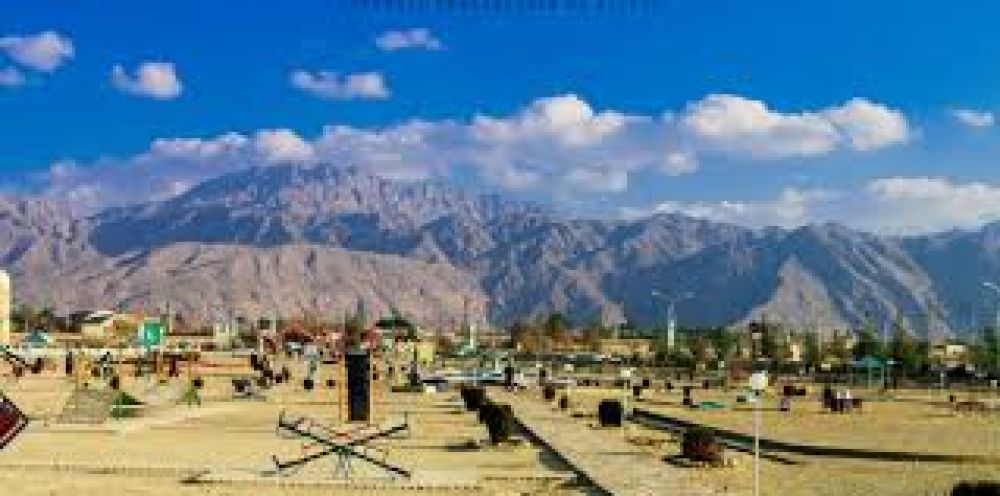




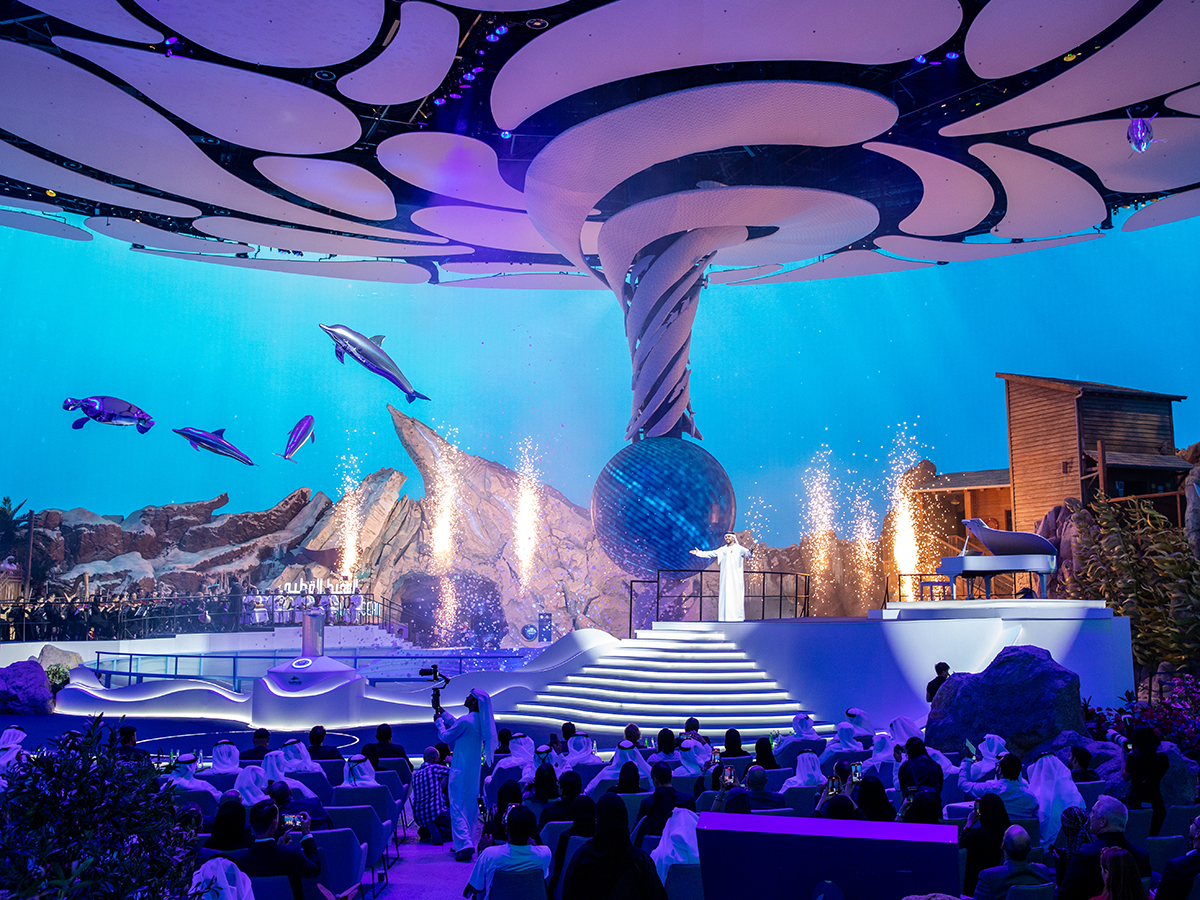
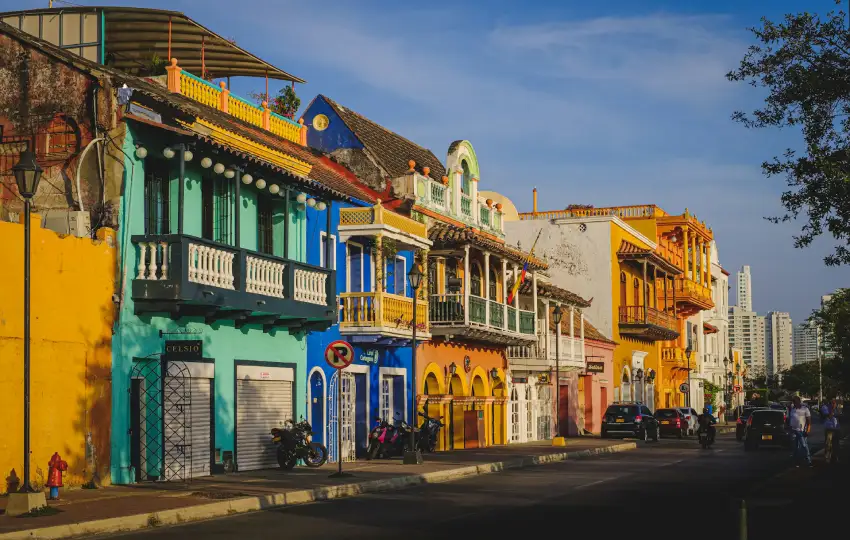
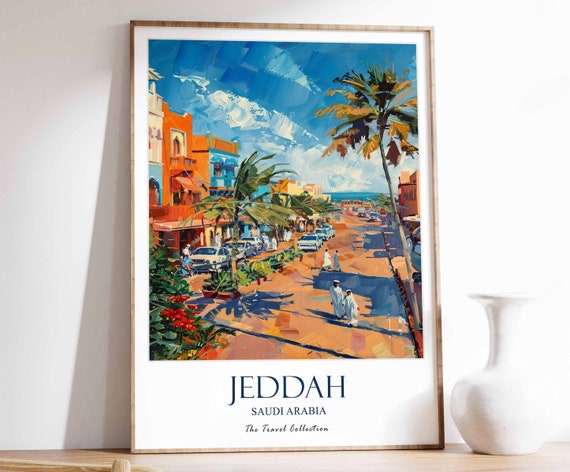



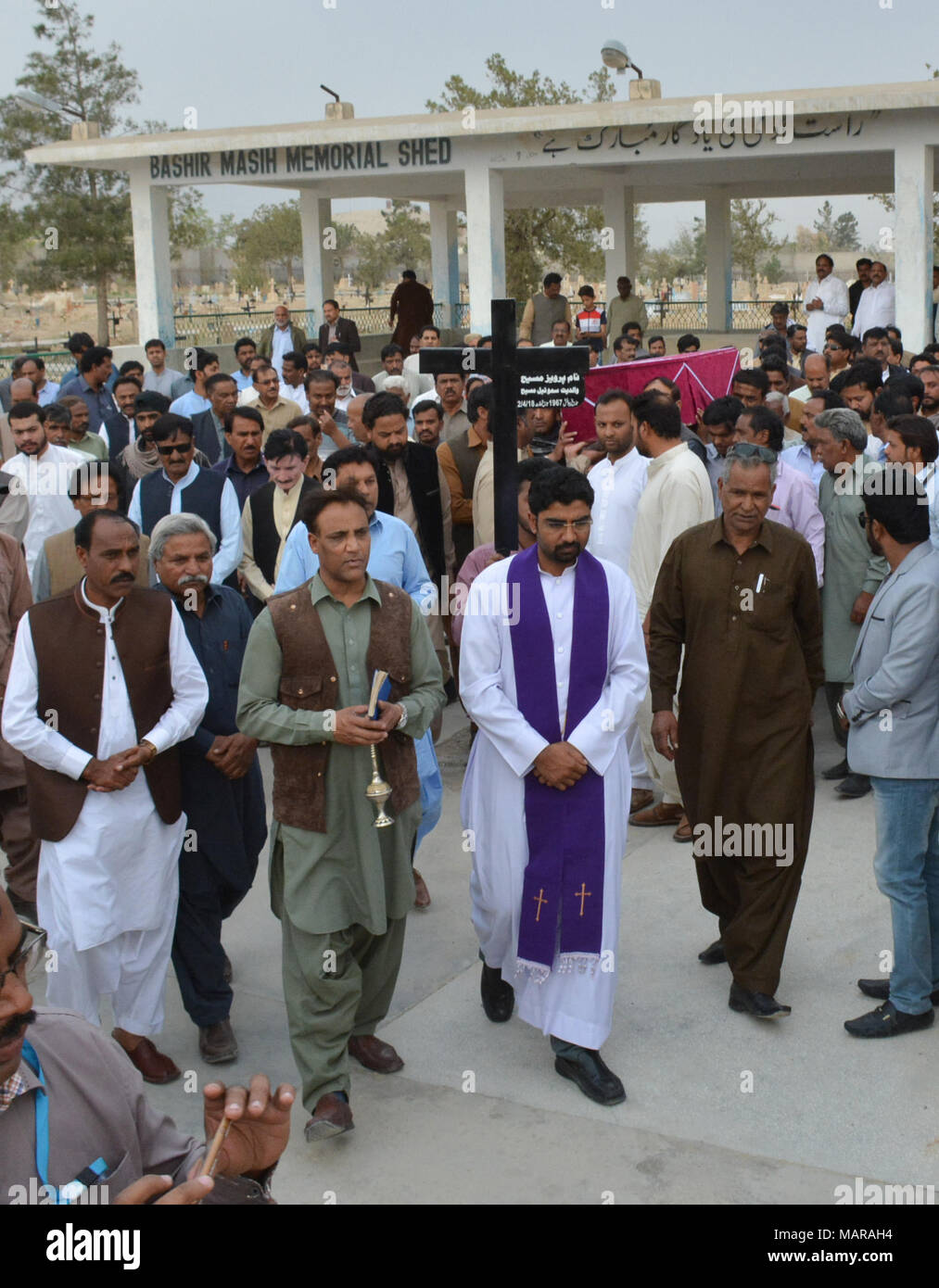

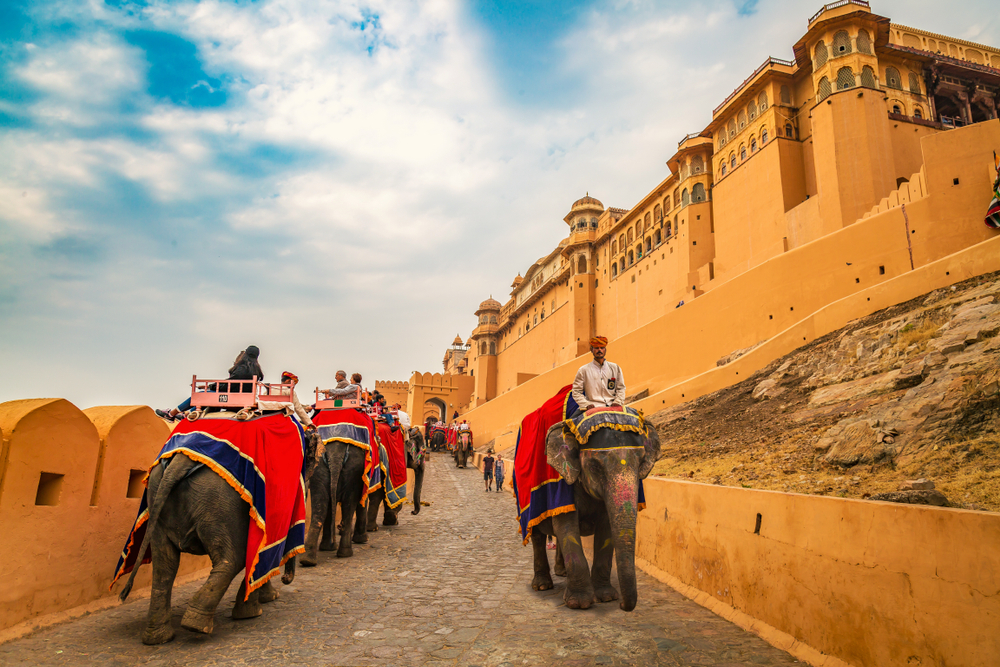

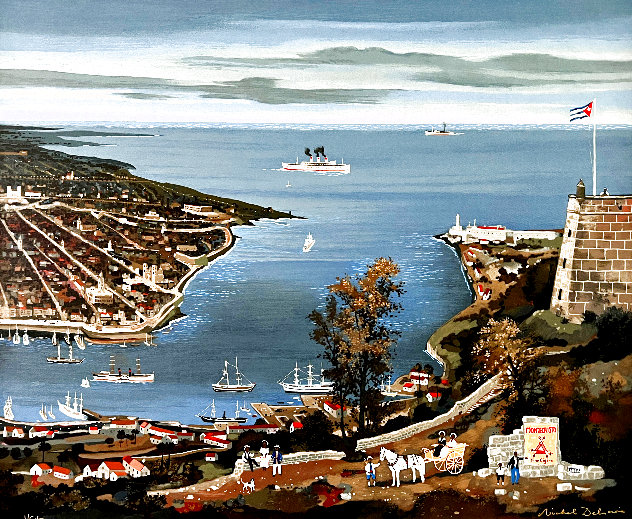
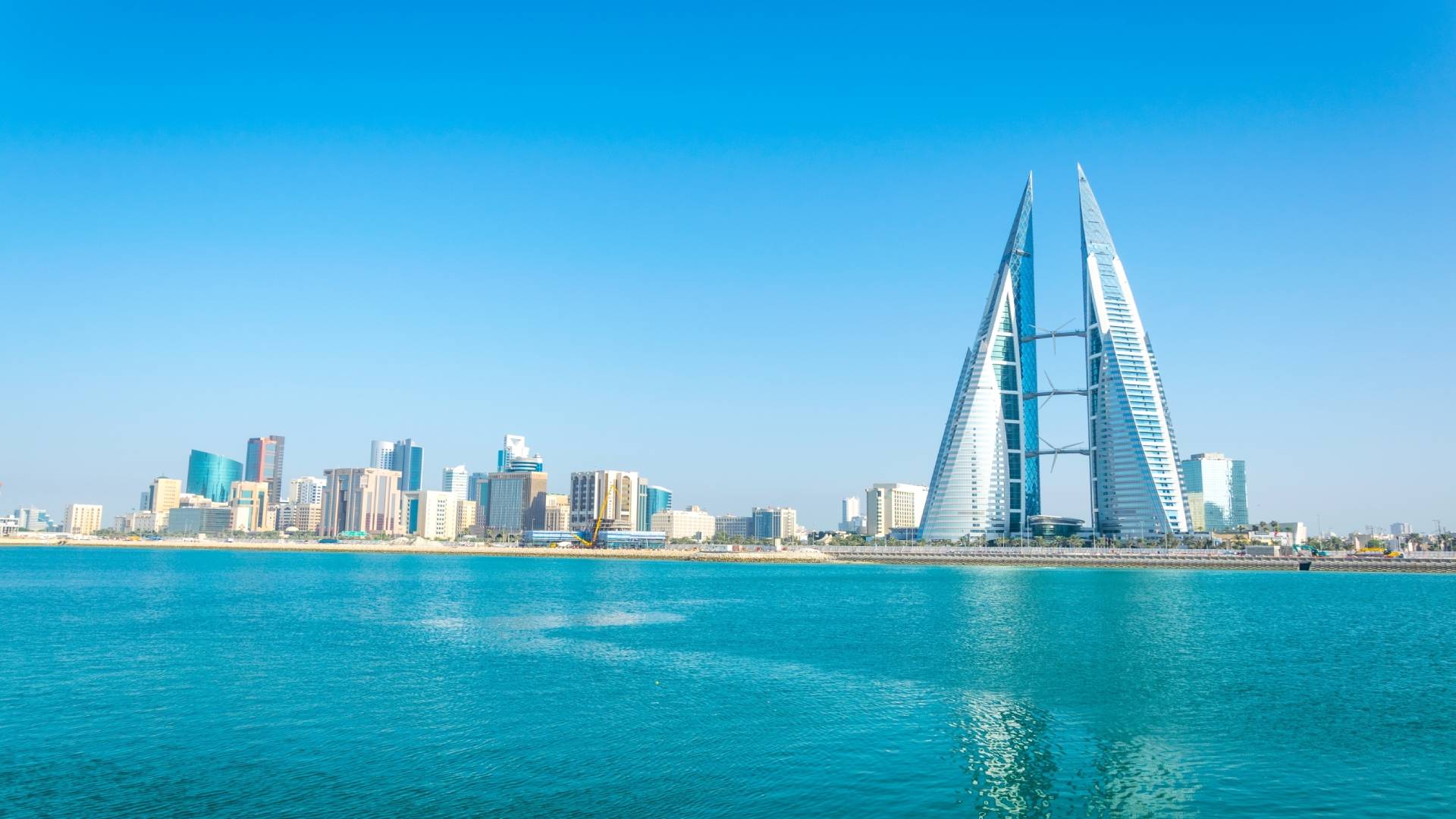
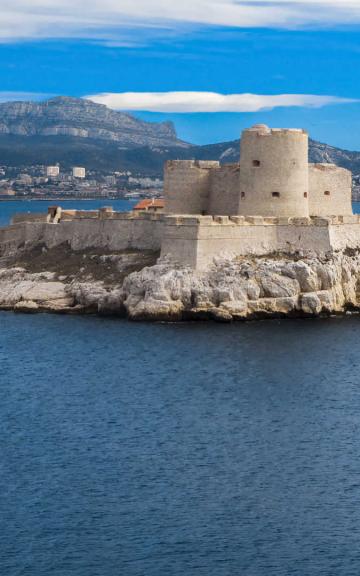

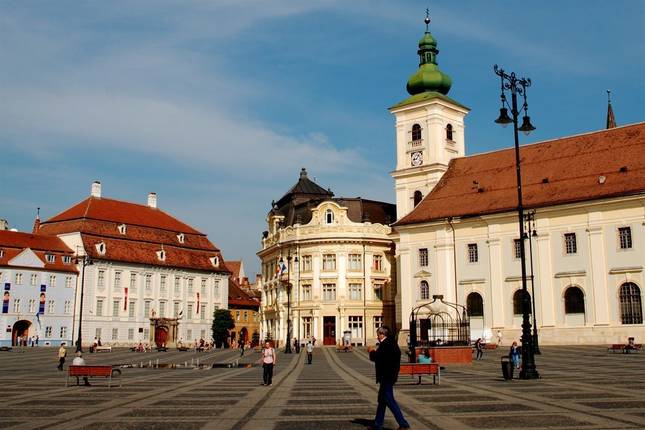
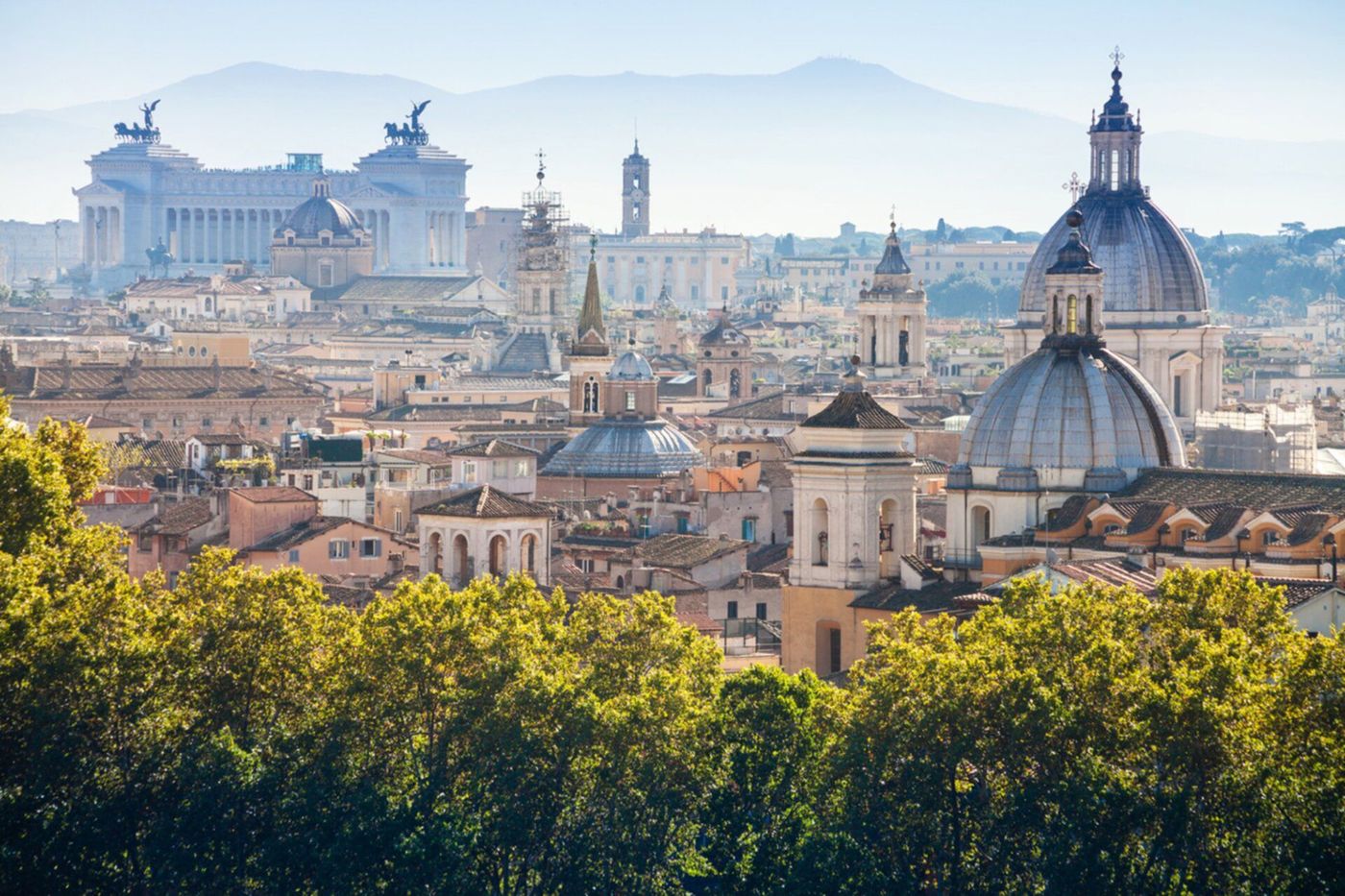



Comments